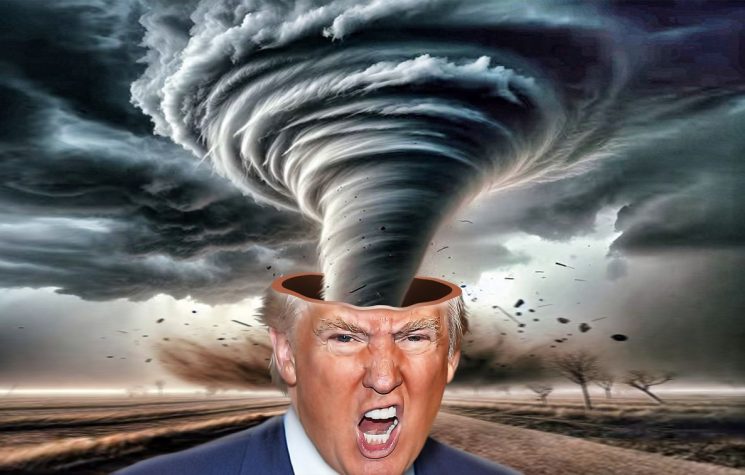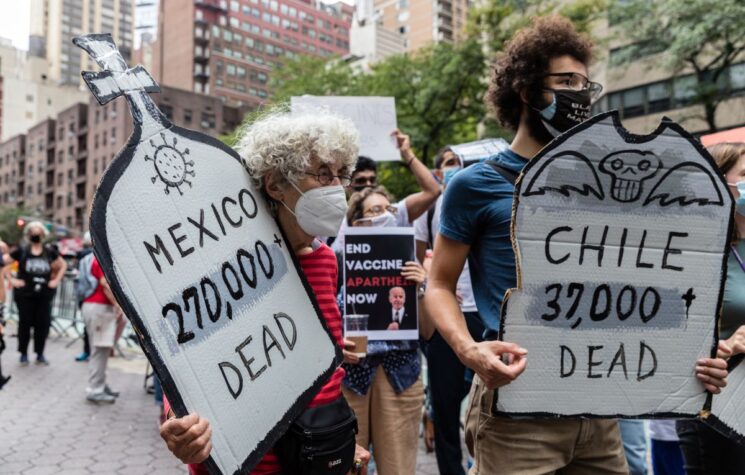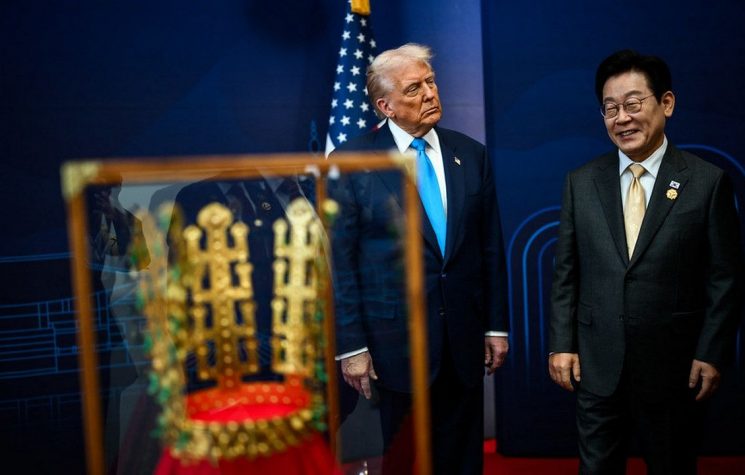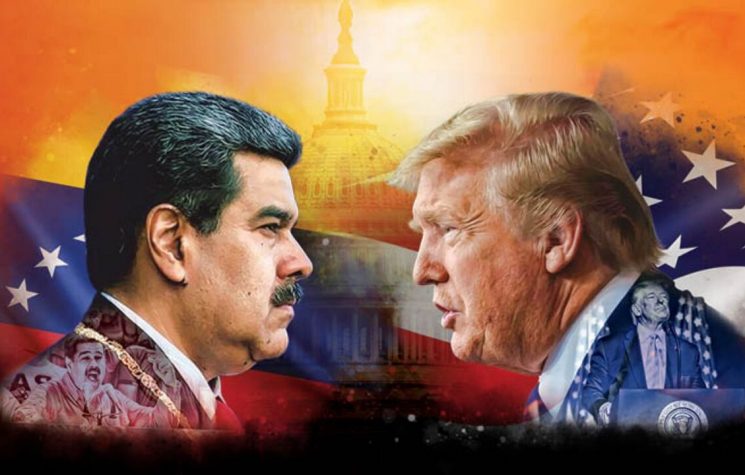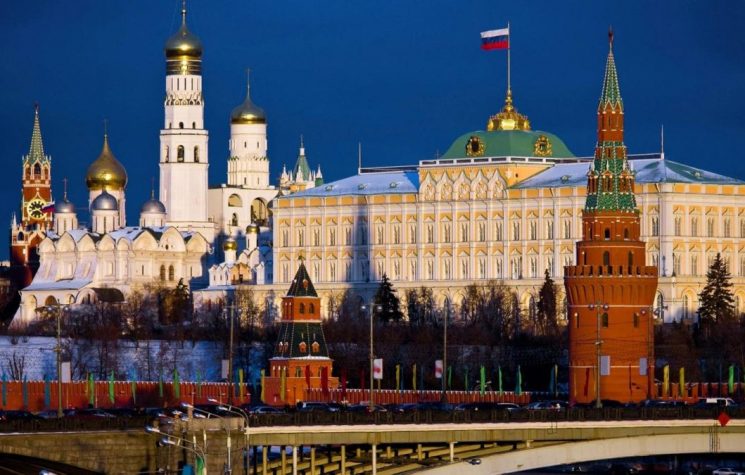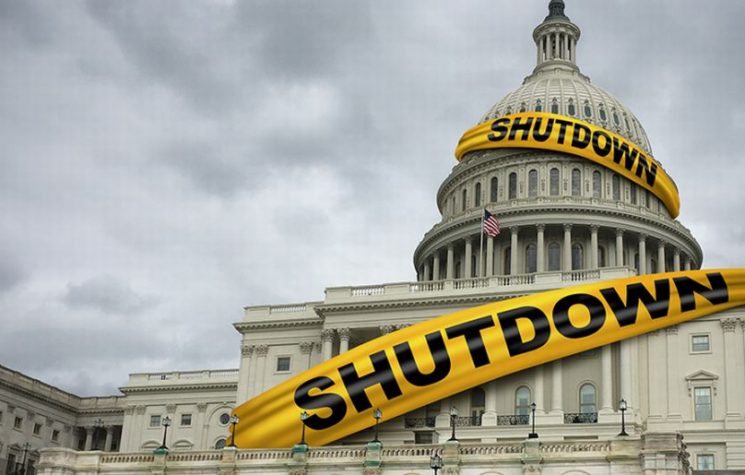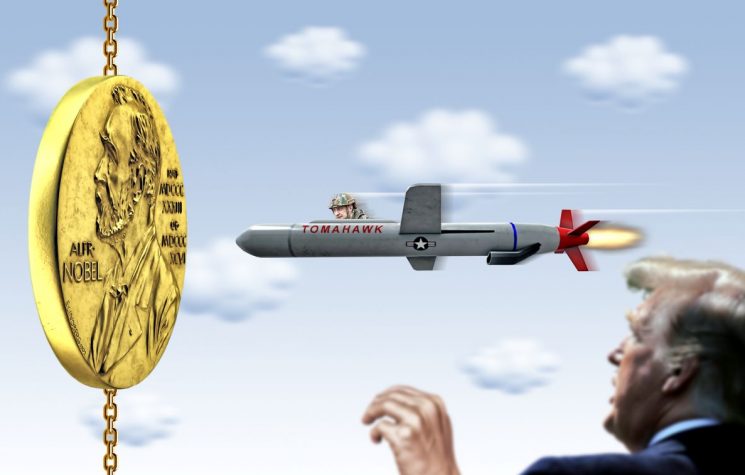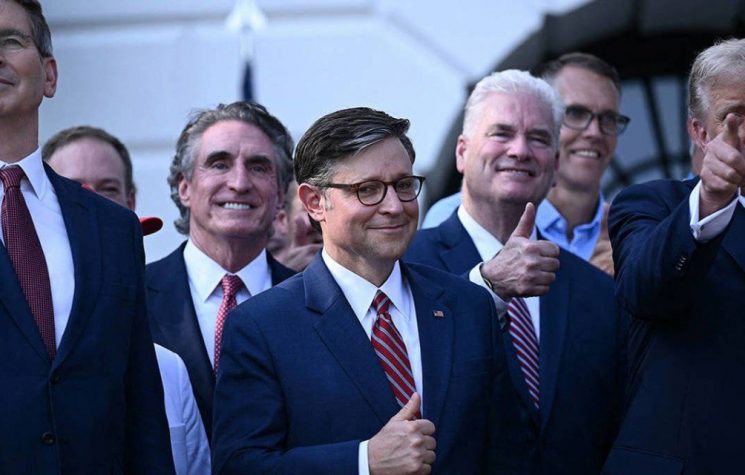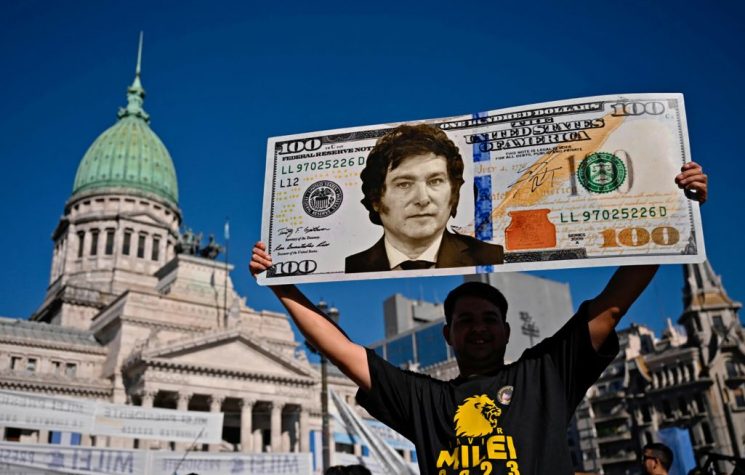The United States cannot afford to maintain a war economy. Such a hyper-militarized economy is inciting dangerous tensions between nuclear powers, as well as eroding the very material foundations of American society.
Food hunger in the United States has reached shocking levels with new figures showing that some 60 million Americans are in need of charitable hand-outs. That’s almost 20 percent of the total population.
Rising food poverty in the U.S. has been exacerbated by the Covid-19 pandemic as millions of workers are laid off. At the other extreme, a handful of billionaires have never had it so good with their aggregate wealth estimated to have increased by nearly $2 trillion during the pandemic.
Meanwhile, the national debt continues to soar, having surpassed $28 trillion, which is far more than the entire economic output of the United States. Over the past century, it is calculated that the U.S. federal debt has gone from 16 percent of GDP in 1929 at the time of the Wall Street Crash and Great Depression to the current level of 130 percent.
This week as Congress cobbled together a “continuing resolution” to fend off a government shutdown, the Treasury Secretary Janet Yellen warned that the nation is in danger of a “catastrophic default” on its burgeoning debt. This would be the first time ever for the U.S. to default on its debts with far-reaching repercussions for its domestic economy as well as the global economy.
In short, the U.S. is living way beyond its means and has been doing so for decades. The once economic powerhouse of the world is no longer the virile specimen it was. The United States is more like a washed-up, out-of-shape former prizefighter who spends his days slumped on a high stool ordering drink after drink – and all the tab without any means of paying.
While Americans remain bitterly divided over bipartisan politics, surveys show, however, that there is much common ground between Republican and Democratic voters on the need for massive infrastructure investment. There is also a common consensus that it would be appropriate to raise taxes on the super-wealthy in order to fund a badly needed national revamp.
It is commonly recognized that the United States has chronically neglected its human and physical infrastructure. Currently, the Biden administration is trying to get a combined $4.5 trillion infrastructure spending bill through Congress. The bill may not pass because of objections from Republican lawmakers as well as some Democrats. But the vast sum of investment involved is a measure of the historic deterioration and disrepair in U.S. society. For example, it is estimated that 45,000 bridges are in poor condition need an overhaul.
There is no doubt that the economic dire straits facing the U.S. economy have been caused by excessive militarism over many decades. Since 2001, the so-called “wars on terrorism” including in Afghanistan and Iraq have added an estimated $8 trillion to the national debt – nearly 30 percent.
When the Cold War with the Soviet Union ended 30 years ago, there was much talk among policymakers of an anticipated “peace dividend”. That proved to be illusory. Why? Three decades on, the United States continues to allocate record budgets for military spending – currently about $750 billion a year. That’s more than that of the next 10 biggest military spending nations combined. It’s more than 10 times what Russia allocates to its military. The U.S. is spending more dollars on the military than it was during the height of the Cold War. Yet, the Cold War was supposed to have ended.
It is significant and telling that Washington has in recent years strenuously endeavored to provoke tensions with Russia and China to the point where, lamentably, a new Cold War is now emerging. The U.S. rationale for adversarial relations is based on dubious claims made by Washington. Russia and China are accused of alleged election interference, undermining Western democracy, threatening regional security, and so on. This rationale is then used to justify the inordinate militarism of the U..S economy and its own threatening conduct towards Russia and China. The Biden administration is sending more warships to the South China Sea and increasing the supply of lethal weapons to a rabidly anti-Russian regime in Ukraine compared with the predecessor Trump White House.
The adversarial attitude of Washington is contradicted by the reality of Moscow and Beijing repeatedly calling for multilateralism and cooperation. Such cooperation is feasible and productive as demonstrated by successful negotiations in Geneva this week between the U.S. and Russia on extending nuclear arms control. Those negotiations have followed on from the summit between Presidents Biden and Putin in June.
Now, why can’t such mutual talks and participation not be implemented comprehensively by the U.S., Russia and China, as well as other powers, on other issues of global security?
The bottom line is the United States cannot afford to maintain a war economy. Such a hyper-militarized economy is inciting dangerous tensions between nuclear powers, as well as eroding the very material foundations of American society. It is neither desirable nor sustainable.
The question is how will the U.S. overcome its dystopian and dysfunctional economy? Arguably, the governing apparatus in Washington is part of the problem, not the solution. The political gridlock from futile and petty culture war infighting, the vice-like grip of lobbyists for the military-industrial complex, and the bipartisan contamination of Cold War bigotry towards Russia and China are some of the reasons that evince the un-reformable nature of America’s ruling class.
Alas, the United States has the potential of being one of the world’s foremost developed nations. But the potential will only be unlocked when it starts to pursue peaceful relations with the rest of the world rather than conflict and war. That new political paradigm depends on a mass mobilization of U.S. citizens demanding their democratic rights for a dignified and decent society where millions of people going hungry amid obscene billionaire wealth are seen for the abomination that it is.












